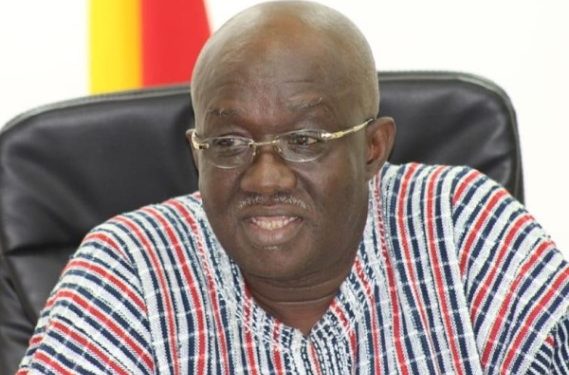Parliament has passed the Air Navigation Services Agency Bill. If assented to by the President, the law will create an independent entity out of the current Ghana Civil Aviation Authority (GCAA).
The objectives of the Bill are to establish the Air Navigation Services Agency to provide air navigation service within the airspace of Ghana and any other airspace within the control of Ghana.
It will also, not only enhance the air navigation service delivery within the Accra Flight Information Region but will also build capacity for consultancy within the sub-region.
Speaking on the floor of Parliament, Chairman for the Committee on Roads and Transport, Samuel Ayeh-Paye said Ghana has experienced its fair share of air traffic volumes in freight and passenger cargoes; and an autonomous institution (Air Navigation Services) would provide not only air navigation safety but support holistic drive of promoting the national image of Ghana in the global airspace.
“This has hastened calls for the decoupling and the strengthening of infrastructure and its inherent institutions to meet both national and international obligations and best practices,” he indicated
Speaking to the press in Parliament, Minister of Aviation, Joseph Kofi Adda said, this move guarantees the independence within the aviation sector.
“We’ve been able to pass another Bill that will set up another independent agency, which will be the Air Navigation Services Agency again coming out of the Ghana Civil Aviation Authority. For a long time, we all know that the Civil Aviation Authority was set up in Ghana to oversee all Aviation matters.”
“In 2006, we were able to decouple the Authority by setting up the Ghana Airport Company Limited (GACL) and that’s the first step in the decoupling process. From 2006 on to this year, we were not able to do any further decoupling. Also, early this year, we were able to set up the Aircraft Investigation Bureau to make it independent,” he said.
The separation of the air navigation and regulatory functions of the GCAA is in line with international best practice in aviation and recommendations of the International Civil Aviation Organization (ICAO) to ensure that the GCAA does not act as an operator and regulator at the same time.


Comments are closed.